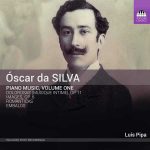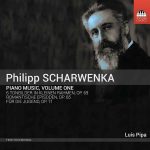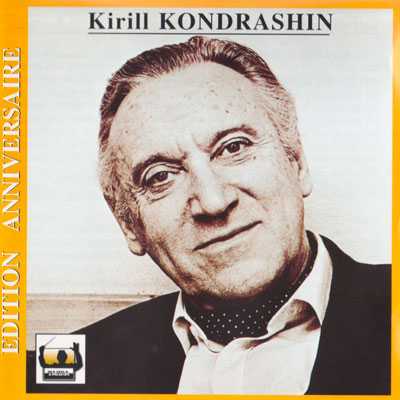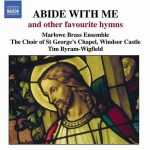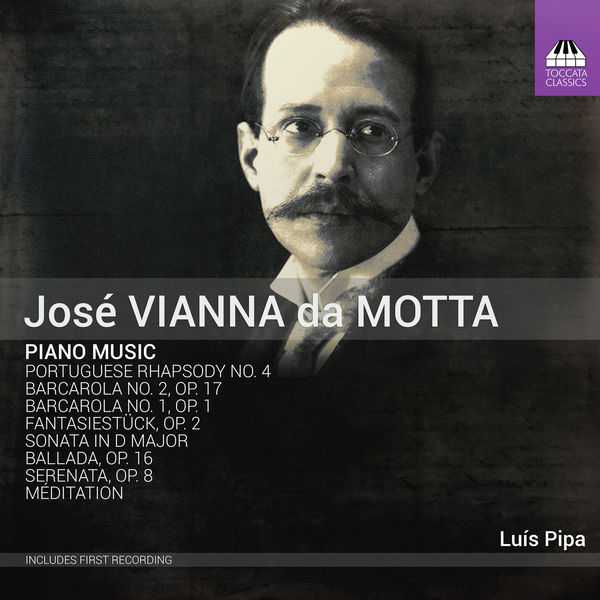
Composer: José Vianna da Motta
Performer: Luís Pipa
Format: FLAC (tracks)
Label: Toccata
Catalogue: TOCC0481
Release: 2018
Size: 221 MB
Recovery: +3%
Scan: yes
01. Barcarola, Op. 1, No. 1
02. Fantasiestück, Op. 2
Piano Sonata in D major
03. I. Allegro ma non troppo
04. II. Adagio molto tranquillo
05. III. Allegro scherzando
5 Rapsódias Portuguesas
06. No. 4 in A-Flat Major, “Evening Prayer”
07. Serenata, Op. 8
08. Ballada, Op. 16
09. Barcarola No. 2, Op. 17
10. Méditation
The piano music of the Portuguese virtuoso and composer José Vianna da Motta (1868–1948) absorbs Romantic influences from Beethoven, Chopin, Liszt and Brahms. To this mix Vianna da Motta added elements from Portuguese folk-music to constitute a major step in the development of a national style for Portuguese classical music. His last piano piece, a MEditation recorded here for the first time, reveals da Motta in the visionary soundworld of late Liszt and Skryabin. This release marks the 150th anniversary of Vianna da Motta’s birth and the 70th anniversary of his death.
José Vianna da Motta (1868-1948) is one of those rare creatures: a Portuguese composer. And so we can but warmly welcome this album which contains several of his piano pieces, played by Luís Pipa. A student of Schwarwenka in Berlin and then of Liszt in Weimar, Vianna da Motta built himself a solid reputation as a concert musician, teacher and composer across Europe, performing with partners in the mould of Sarasate, Casals, Busoni, von Bülow or Ysaÿe. After the First World War (during which he lived in Switzerland), Vianna da Motta returned to Portugal, where, at the age of 50, he contributed greatly to building up the country’s musical life: as Director of the Lisbon Conservatory, and the organiser of a series of concerts, today Portugal enjoys his substantial legacy. As a composer, he was not the most prolific: but his output was a cornerstone of a Portuguese musical movement. Following Liszt, Chopin and Wagner – and also Scriabin in his later works – he composed pieces for piano, of which we have a fine range here, and orchestral works, and a few Lieder (in German, of course), and mélodies in Portuguese, plus a little chamber music. Without a doubt, it is high time to pay a little attention to this likeable figure.
